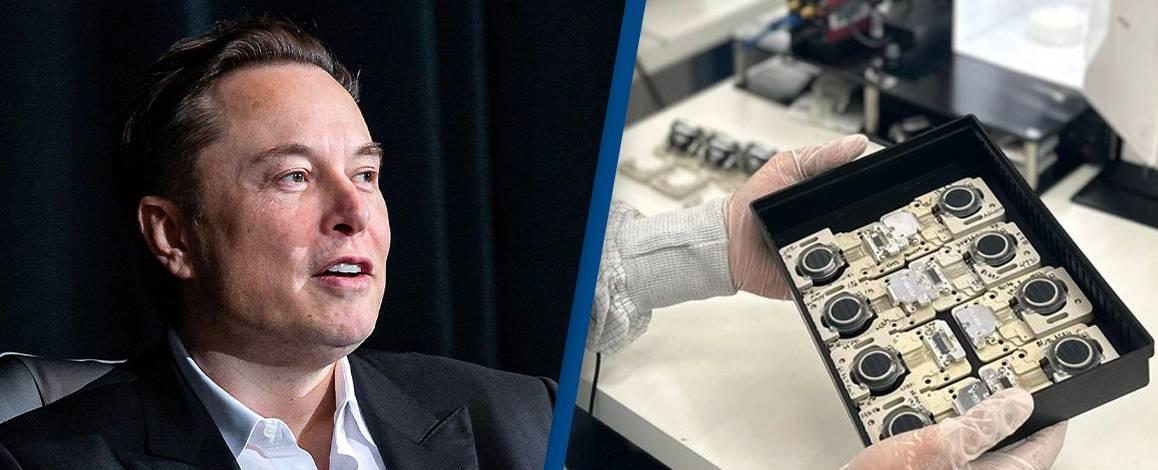Elon Musk's Neuralink brain chip has been officially approved for human trials

Elon Musk’s Neuralink has recently been approved for human trials, marking an important milestone for the company. The brain chip, which aims to merge human brains with technology, has been in development for years, and this approval paves the way for potential breakthroughs in artificial intelligence and human-machine interaction.
The Neuralink chip, implanted directly into the human brain, is designed to allow individuals to control computers or other machines using their thoughts. It also has the potential to help those suffering from disorders such as Parkinson’s disease or spinal cord injuries by providing a direct communication channel between the brain and the affected area.
While the concept of merging technology and the human brain may seem like science fiction, the potential benefits are numerous. From improving the efficiency of everyday tasks to enhancing human communication and understanding of the world around us, Neuralink could revolutionize the way we interact with technology.
However, there are also concerns surrounding the development of brain-chip technology. Some worry about the potential for abuse, while others question the ethical implications of blurring the line between human and machine.
Despite these concerns, the approval of Neuralink for human trials marks an important step forward in the development of brain-chip technology. As we continue to explore the potential benefits and drawbacks of merging human brains with technology, it is important to carefully consider the implications of this technology and its impact on society.
Quick Links

